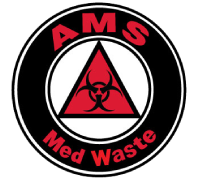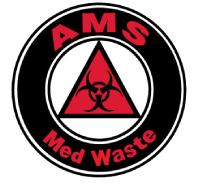The rise of social media has presented healthcare practitioners with a unique set of opportunities and challenges. While these platforms can enhance patient interactions and professional networking, they also pose significant risks concerning patient privacy and adherence to HIPAA guidelines.
Grasping the Social Media Risks in Healthcare
For healthcare providers, social media is much like a two-sided coin. On one side, it nurtures patient engagement and enhances professional relationships. On the flip side, it can facilitate unintended violations of patient privacy. Actions such as posting identifiable patient information, discussing cases without consent, or even uploading seemingly innocent workplace photos could breach HIPAA rules.
Crafting Comprehensive Social Media Policies in Healthcare
To navigate these potential pitfalls, developing a robust social media policy is essential. This policy should clearly define acceptable use of these platforms, offer guidance for online patient interactions, and spell out the consequences of policy breaches. With well-defined protocols in place, healthcare providers can effectively utilize social media to connect with patients and peers while ensuring privacy and compliance.
The Crucial Role of Training in HIPAA Compliance on Social Media
Consistent training plays a key role in maintaining HIPAA compliance on social media. Regular sessions can keep staff up-to-date with the latest best practices and emerging risks, such as the proper handling of medical waste. The importance of preserving professional boundaries online and upholding patient confidentiality should be highlighted during these sessions. Through continuous education, healthcare professionals can become adept at handling sensitive information on social media.
Implementing a Preemptive Review Process
A proactive approach to preventing violations involves setting up a review mechanism. This could mean appointing a person or team responsible for vetting all social media posts before they go live. By implementing such a system, healthcare organizations can avoid inadvertent breaches and maintain a positive and compliant online presence.
Proactive Measures for Addressing HIPAA Violations on Social Media
Despite the best preventive strategies, violations may still occur. That’s why it’s crucial to be prepared with a plan to handle these incidents swiftly and efficiently. This plan could include removing the infringing post, launching an internal investigation, and reporting the matter to the appropriate regulatory authorities. By having a comprehensive response plan, organizations can swiftly mitigate any potential damage and reaffirm their commitment to patient privacy and data security.
In conclusion, social media can be a powerful tool for healthcare providers to enhance patient relationships and professional networking. However, it’s essential to navigate these platforms with due diligence to protect patient privacy and ensure compliance with HIPAA guidelines. With a robust social media policy, regular compliance training sessions, a proactive review process, and an efficient plan to address any violations, healthcare providers can strike a balance between leveraging the benefits of social media and upholding their ethical and legal responsibilities.
Take the Next Step: HIPAA Compliance With AMS MedWaste
AMS MedWaste is here to support healthcare providers in maintaining high standards of safety and compliance in their operations. We offer a range of services, including medical waste disposal, sharps disposal, pharmaceutical waste management, and chemotherapy waste handling. Our team also provides scheduled pick-ups and comprehensive services that are performed in a manner that helps to keep your facility in compliance with HIPAA guidelines.
Don’t compromise on the safety of your patients and staff. Reach out to us today for reliable and environmentally friendly medical waste solutions.






